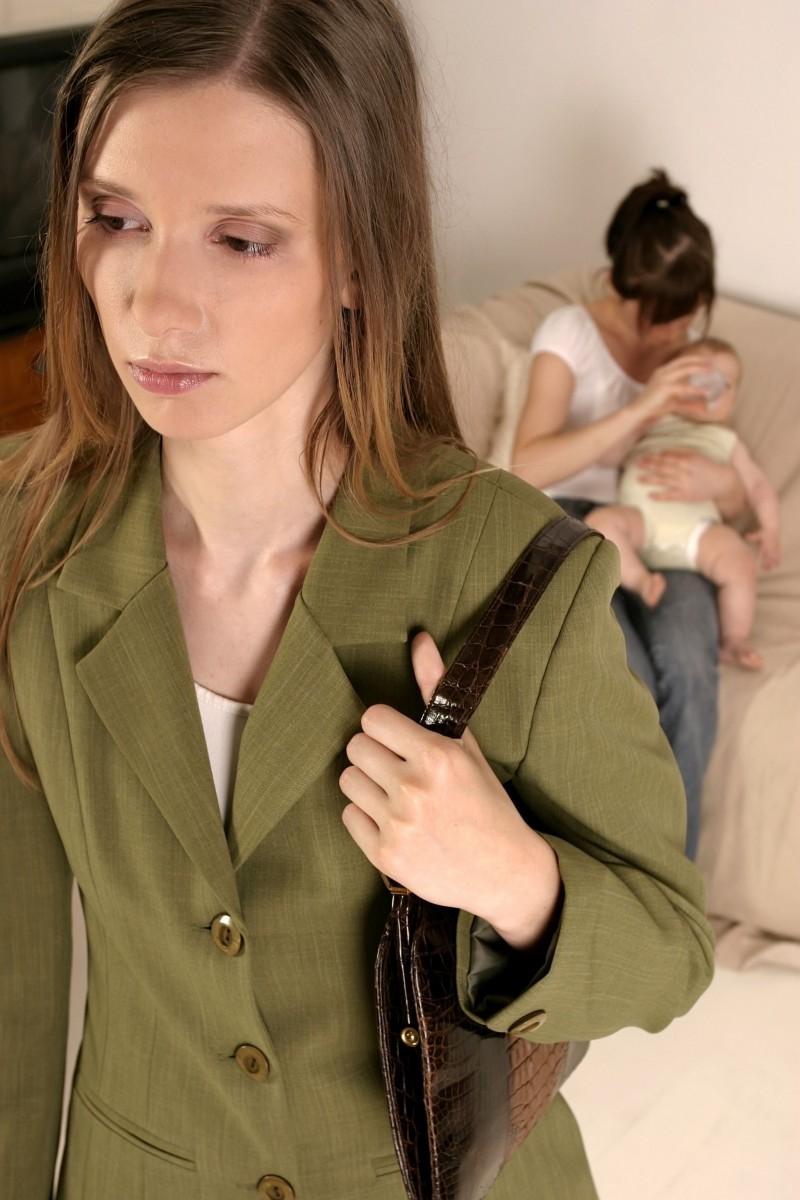Domestic Workers Suffer Abuse, Need Protection: Report
A new report suggests domestic workers around the world face abuse and should be protected under labour laws.

A young mother leaves her child with a domestic worker. Domestic workers around the world face physical, financial, and emotional abuse on the job due to a lack of rights and protection, according to a new report. Bartosz Ostrowski/Photos.com
|Updated:





